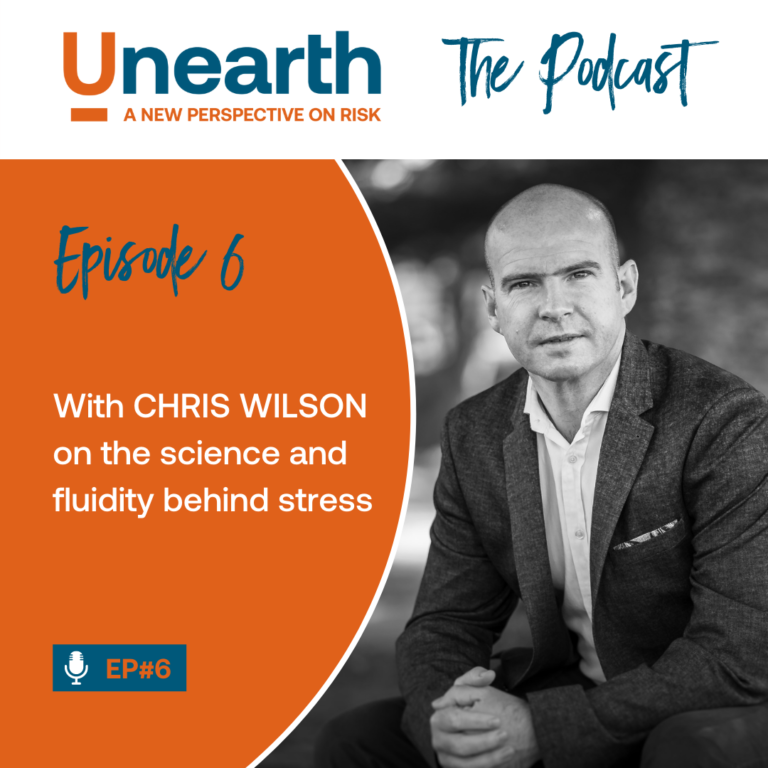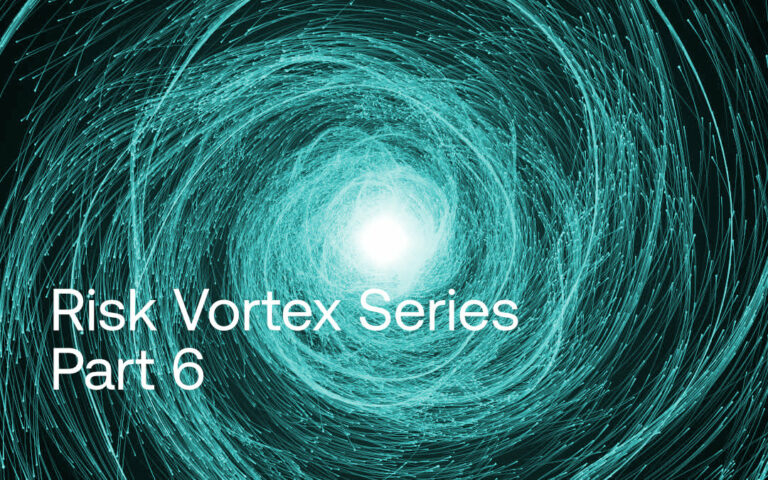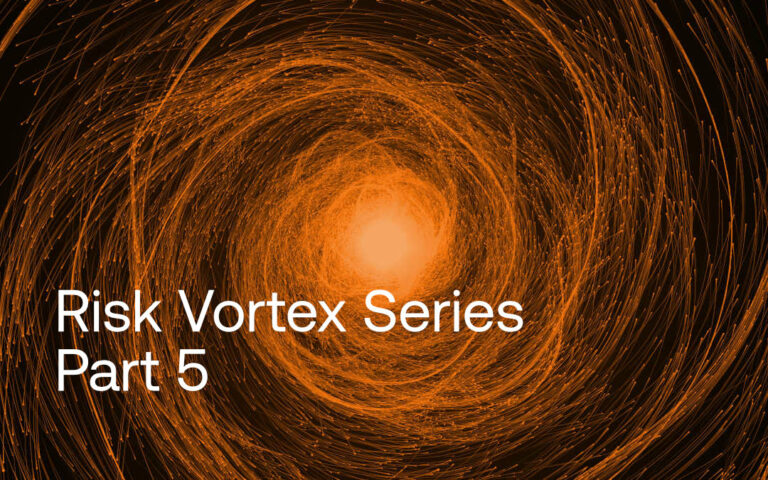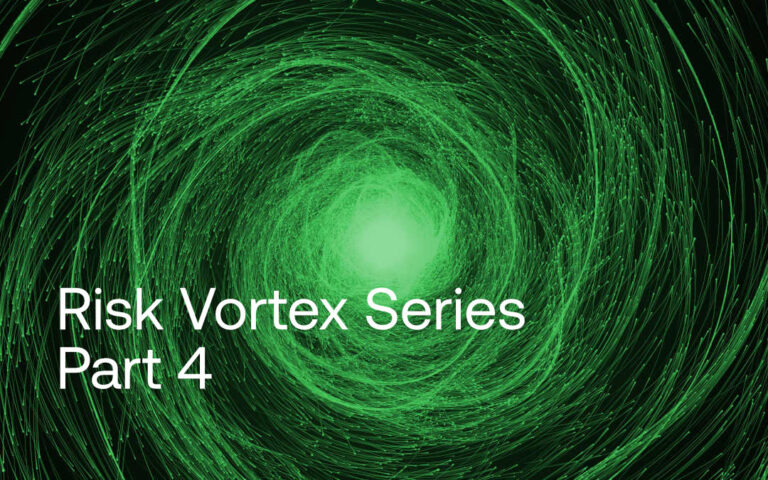This week’s guest is Chris Wilson, a stress scientist. Chris comes from a background in consulting and mentoring elite groups such as the military, elite sports, performing arts and corporate athletes. He combines systems and data to make informed decisions that catapult a team’s engagement, productivity and outcomes.
Spending the early part of his career working with and developing future leaders, he identified that a necessary part of the success plan is to improve the individual’s performance capacity. This is achieved by adapting capacity in three key areas: physical, mental and emotional capacity, to enable them to perform their role. Chris helps to develop these three key components to reduce the risk of burnout.
Our interview covers a range of insightful themes, particularly relevant to the current working-from-home environment, including:
- How working from home is changing our stress responses to work
- The role of ego and the increased need to justify our worth and value
- Identifying the physical, mental and emotional early warning signs that people aren’t coping well
- Identifying the possible patterns that are contributing to self-sabotage
- The impact of constant striving for perfection across a range of roles, especially relevant to women
- Future intent. Tapping into the emotional side of where people want to go and who they want to be
- Looking at the whole person, not just the worker
Connect with Chris
Connect with Stress Science




